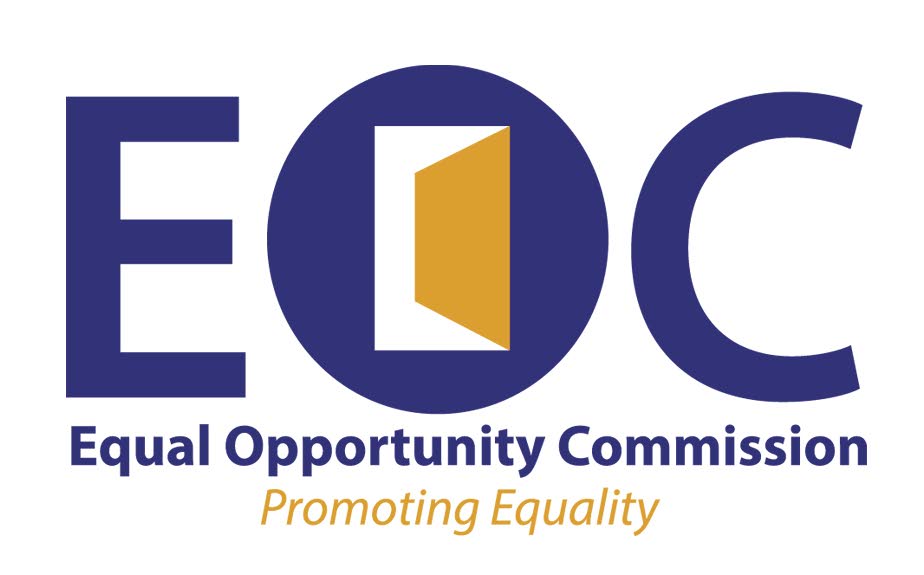United Nations Day – celebrating 77 years

SEVENTY-SEVEN years ago, the world witnessed one of the most defining moments in history when 50 countries signed the Charter of the United Nations (UN), pledging to work together to discuss common problems and find shared solutions that benefit all of humanity.
This memorable day is celebrated every year on October 24 to amplify the UN’s agenda, spotlight its life-changing impacts and reaffirm the purposes and principles of the UN Charter founded in 1945.
The UN’s mission is to promote international peace and security, develop friendly relations among nations and promote social progress, better living standards and human rights. The UN has also engaged in a wide array of activities to improve people’s lives around the world – from disaster relief, through education and advancement of women to peaceful uses of atomic energy.
As a powerful advocacy tool, it observes designated days and weeks with relevant themes intended to help people and worldwide communities to come together united under a particular topic and contribute towards making this world a better place to live.
For instance, the International Day of Persons with Disabilities, which is observed on December 3 every year. The purpose of this UN observance is to promote the rights of people with disabilities, understand varying disability issues, mobilise support for their dignity and well-being, and raise awareness on the benefits of integrating people with disabilities in every aspect of political, social, economic and cultural life.
As an active member state of the UN since 1962, TT has affirmed its commitment to the Universal Declaration of Human Rights (UDHR) and numerous conventions under the UN.
We have signed and ratified the Convention on the Elimination of All Forms of Discrimination against Women (CEDAW), International Convention on the Elimination of All Forms of Racial Discrimination (CERD), Convention on the Rights of the Child (CRC) and Convention on the Rights of Persons with Disabilities (CRPD).
In some nations there are no equality laws and we see the importance and value of United Nations conventions in protecting the rights of all global citizens. These agreements have also laid the foundation for the development of critical policies and legislation that protect human rights across many nations.
Human rights tenets from UN conventions have been incorporated into our Constitution. In TT, the Bill of Rights, which is enshrined in our Constitution, protects our basic human rights including the rights to equality before the law, equal treatment from state institutions, education and freedom of religion.
Legislation such as the Equal Opportunity Act, 2000 also exists to protect members of the public against discrimination as it relates to four categories: employment, education, the provision of goods and services and the provision of accommodation. Under the act, people are entitled to equality of opportunity regardless of their status. The seven status grounds covered by the act are race, ethnicity, religion, marital status, origin including geographical origin, disability and sex.
Prior to the Equal Opportunity Act, a person could not lodge a complaint against a person or private organisation if they had experienced discrimination. They could only bring a constitutional motion against a public authority or the State in relation to the Constitution.
If you have been discriminated against based on any of the status grounds or categories covered by the act, you can lodge a complaint with the Equal Opportunity Commission. Visit our website www.equalopportunity.gov.tt to lodge a complaint or send an e-mail to complaints@eoc.gov.tt.

Comments
"United Nations Day – celebrating 77 years"